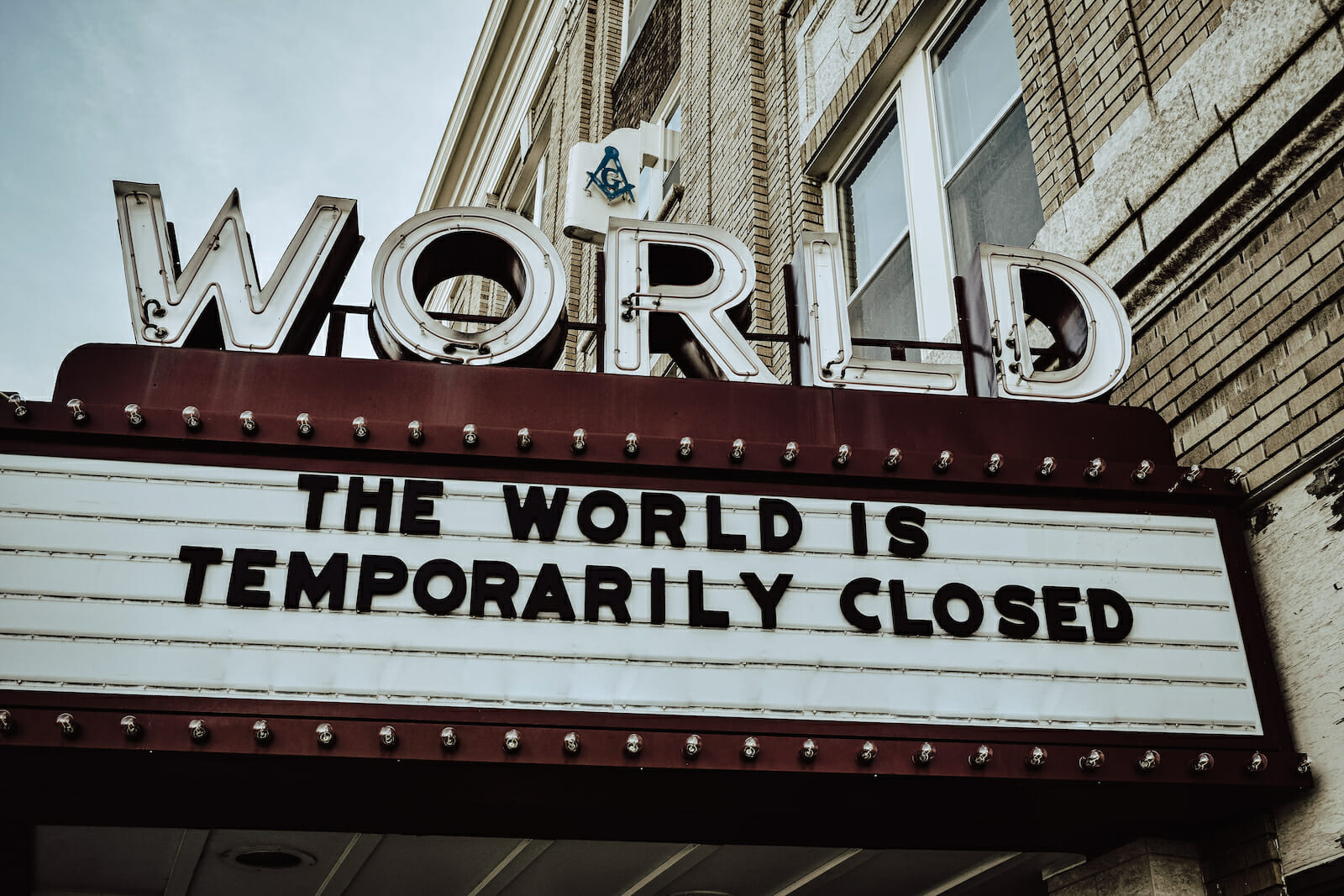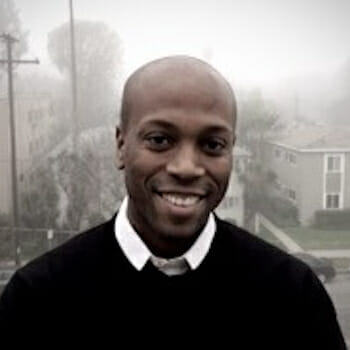
Culture
Social Distancing is the ‘New’ Social Distancing
so·cial distancing
/sōSHəl ˈdistənsing/
verb
1. To keep a safe space between yourself and other people who are not from your household.
2. Maintaining at least 6 feet (about 2 arms lengths) from other people.
According to Kipling D. Williams, professor of psychological sciences at Purdue University: “Being excluded or ostracized is an invisible form of bullying that doesn’t leave bruises, and therefore we often underestimate its impact.” “Being excluded by high school friends, office colleagues, or even spouses or family members can be excruciating.” “When a person is ostracized, the brain’s dorsal anterior cingulate cortex, which registers physical pain, also feels this social injury.”
Co-signing Kipling’s research, a leading health clinic noted on its website that: “Fundamental and foundational for our human needs are the feelings of belonging. Exclusion or ostracism is painful because it threatens this need and the core of our self-esteem.” “Even when being ignored briefly by strangers, with whom the individual will never have any face-to-face interaction, the negative effect is powerful and consistent. This was true even with a great variety of personalities.”
About a year ago by now, I had just landed back at LAX airport after a trip to a team meet-up I’d attended for work in Northern California. Several of my colleagues had flown in from destinations around the globe and the excitement was palpable as we rendezvoused for discussions that would set the tone for the year that lie ahead in the ever-changing landscape that is the entertainment business. Little did I know at the time, however, that in a span no longer than the time it took to get back situated in L.A., that the entertainment landscape was about to be not just changed – but changed forever.
Very rapidly reports were streaming in of a “novel virus” that although there had been a few blurbs about it here and there – most Americans had not really paid much attention to up to that point. As it turned out, individuals who had been on international flights – flights exactly like the ones my co-workers from Asia and Europe had just embarked upon – were deemed the source of the “contact tracing” now being utilized to investigate the spread of this “coronavirus.” With that revelation as the dramatic backdrop, life as we all knew it had changed overnight.
In my world, upcoming work trips were indefinitely suspended. People at the office and on the street were no longer greeting each other with handshakes or hugs, but apprehensive “fist bumps.” The idea of masks was introduced and then quickly made mandatory by Mayor Eric Garcetti here in Los Angeles. And before one had time to process everything that was quickly transpiring in real-time, all public gatherings had been banned, public parks and arenas closed, bars…restaurants…and gyms shuttered, grocery stores raided, and travel bans imposed. As for the aforementioned entertainment industry, the major studios, like so many other forms of industry, were indefinitely placed on pause. With that it was official. Our entire city – as would soon be the case for the rest of the country – was suddenly on lockdown.
Perhaps more than any other one aspect that would define the global pandemic – the concept of social distancing stands out in the fore. While “the mask” is no doubt a definitive symbol of the pandemic one might argue, I would suggest that it is the lack of human contact, the inability to visit family and friends, to sit in your favorite restaurant and feel that palpable energy, to have a beer with your pals or co-workers at the local bar – that has been the defining theme. As we’ve walked down the street the past year, we’ve had to walk away from – rather than towards one another. The lion’s share of our human interaction has happened via Facetime and Zoom – platforms that separate us “by the pixel.” It has been that lack of the human connection – that social distancing (whether it is two strangers who stopped to say hi on the beach or two strangers high-fiving in a packed stadium of rabid fans) that has been the biggest difference.
This is a sobering reality that is all the more compelling when one stops to consider the fact that: Social distancing as we’ve all come to know it, is actually just the “new” social distancing. After all, countless individuals in our society had already been experiencing the harsh effects of “social distancing,” long before COVID-19 ever came into the picture. What many Americans, and yes people around the globe, have deemed to be an unacceptable and depressing intrusion into their lives, was par for the course where so many of our fellow citizens are concerned. They had already been isolated. Already marginalized. Already held at “2 arm lengths” from a society that had rendered them invisible long before the virus came into the equation. These are individuals who have long been suffering from the harsh and often deadly symptoms of race and class – symptoms for which they have desperately been seeking a cure – for decades.
Unfortunately, there are also other issues aside from social distancing that are associated with COVID-19, that have long since plagued a wide swath of our society as well. Unemployment, the struggle to put food on the table and pay the rent, the inability to go out and eat at a nice restaurant or attend concerts and professional games, none of that is new. Nor is the feeling of being trapped, restricted, encumbered, depressed, and isolated. And here’s the stark reality that we should all be more unsettled by than any other: There is no “vaccine” forthcoming for these issues that have ever-since plagued our fellow citizens. Millions of Americans, you will recall, began acting indignant and making demands (storming legislative buildings and having mental breakdowns in grocery stores), after feeling “restricted” for a couple of months! Whereas there are millions living among us who have dealt with far more restrictive circumstances for decades and with no reprieve in sight.
This unenviable reality has led me to an ultimate conclusion. Today, as things begin to slowly but surely open back up with the progression of vaccinations, I don’t want to go back to business as usual if it means, once again, leaving these people behind to fend for themselves while the rest of us resume sipping vanilla-lattes at our local Starbucks. I don’t want millions of people to feel that our society-at-large is requiring them to be social-distanced away from everybody else as if their lives don’t matter. Because I now know what that feels like (although I’m sure I still don’t know the entire depths of their despair – if I may say be so presumptuous).
The clinic I referenced at the beginning of this article advised that the third and final stage of the psychological effects of ostracization is called “resignation.” And that resignation clearly takes its toll: “In some people who have been ostracized, they become less helpful and more aggressive to others in general. They also may feel an increase in anger and sadness. Long-term ostracism can result in alienation, depression, helplessness, and feelings of unworthiness. Sometimes ‘extreme groups’ (gangs and the like) can provide members with a sense of belonging, self-worth, and control, but they can also fuel narrowness, radicalism, and intolerance, and perhaps a propensity toward hostility and violence toward others. When a person feels ostracized, they feel out of control, and aggressive behavior is one way to restore that control.”
Due to this pandemic, we have all, to a man, gained a sense of what it feels like to be “out of control.” To feel helpless and at the mercy of a force that we cannot escape. We’ve witnessed people (re: resignation described above) become angry and confrontational and aggressive for any number of reasons in a relatively short span of time. Beyond that reality, we also now know what it feels like to be socially distanced from the greater society. And since we know that feeling and everything with which it is associated – it ought to be our singular mission to make sure that no one else has to feel that way again.
